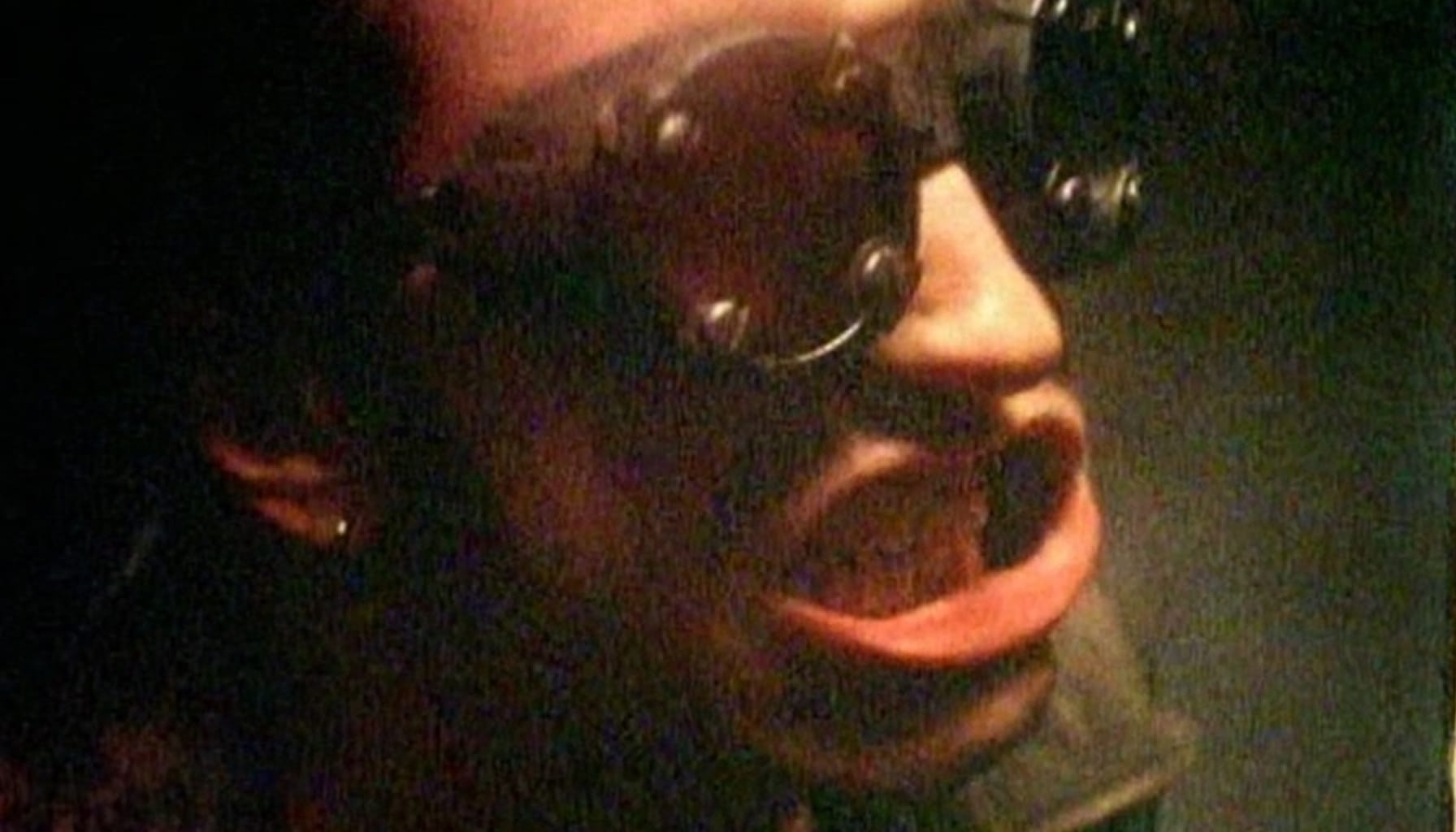Blindspotting: Nine Inch Nails, "The Downward Spiral"
Fixing musical blind spots, one album at a time

The Legacy: After making a Ministry-shaped splash with 1989's Pretty Hate Machine, Nine Inch Nails — a.k.a. "band" mastermind Trent Reznor and a loose confederacy of co-conspirators — vaulted near the top of the pop charts with the follow-up, 1992's Broken, an EP that emphatically shut the door on Reznor's earlier synth-pop style as well as his long battle against former label TVT. Broken went Top 10, but that didn't cheer up Reznor; nor did the fairly long leash he was afforded by his new label bosses at Interscope, where he ended up after being, in his words, "slave-traded" by TVT.
All this fed into Reznor's next full-length effort, The Downward Spiral. Released in the spring of 1994, the 14-track album made Pretty Hate Machine's industrial clatter sound positively quaint — the intervening years had found Reznor plunging both hands into a mountain of sonic mud, which he then proceeded to fling at the listener for over an hour. Spiral was the perfect album for its moment, which is to say that it fused the disaffected aggression of the already-waning grunge movement with the serrated chill of cutting-edge digital recording and production techniques. Lyrically, it was in lockstep with the ennui, bitter disgust, and self-recrimination felt by the Reality Bites generation; musically, it not only sounded menacing but frequently downright alien, a howl from the seventh circle of a personal hell that felt depthless. And eminently relatable, apparently — The Downward Spiral soared to No. 2 on the albums chart, eventually racking up nearly four million units sold, while its best-known single "Closer" came extremely close to breaking into the Top 40 despite a chorus including the line "I wanna fuck you like an animal."
First Impressions: I started this series largely as a way of forcing myself to confront old musical prejudices by belatedly consuming stuff I'd avoided when it was popular. This isn't true of each Blindspotting entry — like anybody else, there are just some things I haven't gotten around to hearing in spite of their classic status — but it's 100 percent the case with The Downward Spiral, which had zero appeal to me in 1994. With a 30-year buffer between us, I went into my Spiral listening session hoping to come away with a new perspective on the record.
In the interest of cutting to the chase, I'll tell you up front that my hopes were quickly and repeatedly dashed; turns out that even after all these years, I still don't understand the appeal of someone screaming about how much they hate themselves and everyone else for 65 minutes. I'm not going to argue that Reznor is an untalented artist, but I simply lack the appetite for this stuff. It does not move my soul.
That being said, I need to note that I do have an increased appreciation for Reznor's compositional vision and production techniques. I recently spent a bunch of time with To Pimp a Butterfly, and in a really weird way, I found myself thinking of that record while playing The Downward Spiral — although they're certainly very different listening experiences, they're both sonic collages with an impressive depth and breadth that allows them to lure the listener in and then continually surprise them. The crucial difference, I would argue while thinking about this for the first time as I write it, is that Pimp is expansive and ambitious in its lyrical approach and perspective, while Spiral is extremely narrow and insular. This is absolutely by design — it's a concept album about a guy who, uh, kills God and then tries to end his own life, after all — but it's also absolutely the reason that one sounds like a thrilling attempt to grapple with some very heavy questions and concepts, and the other sounds like a bellow of rage. Both have their place, both have their value. Spiral's place is not my own, however, and I will be glad not to listen to it again.
Hidden Gems: Absolutely not. But I will say that I was amused by Reznor's cacophonous drumming on "Piggy" after I read that it was just a recording of him testing mic levels, because I had to do that all the time during my recording days, and it was always a great opportunity for my producer/songwriting partner/bandmate to lean back in his chair behind the console with a giant shit-eating grin on his face and mockingly compliment me on my sick beats.
